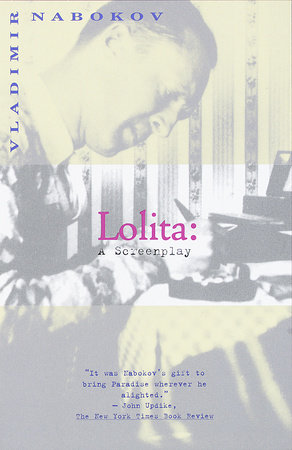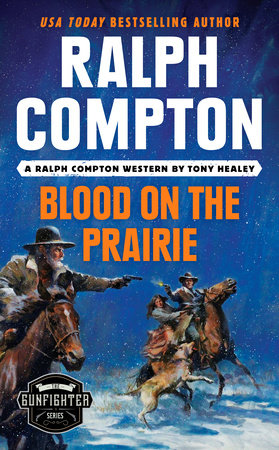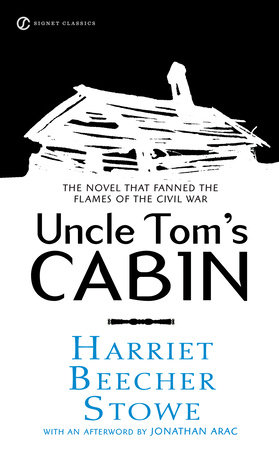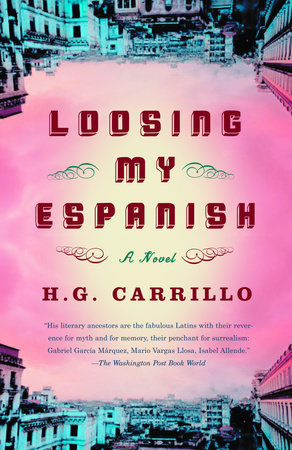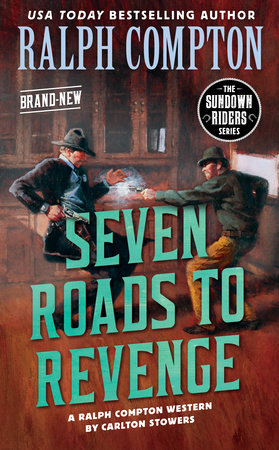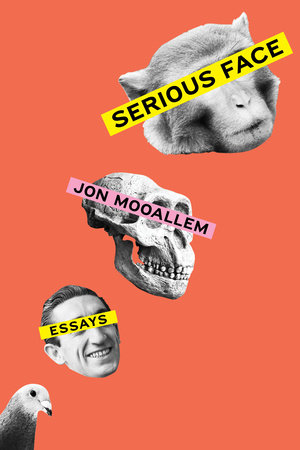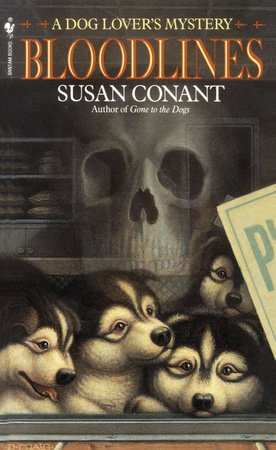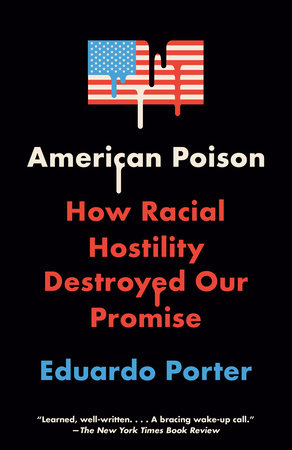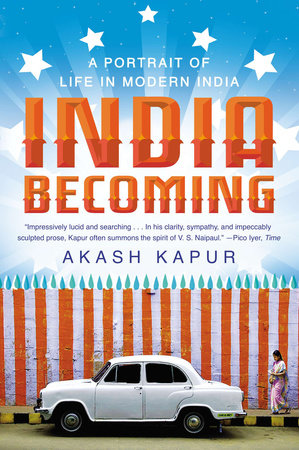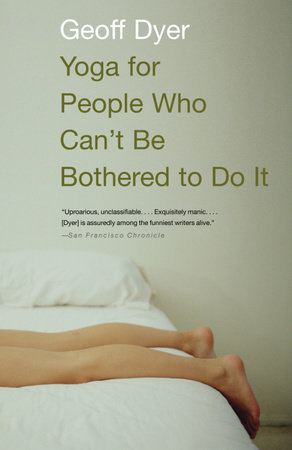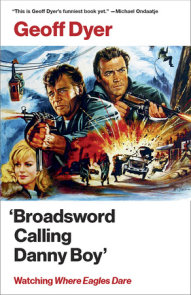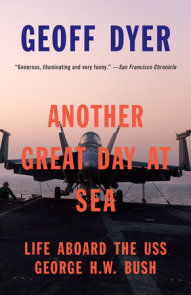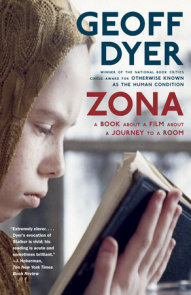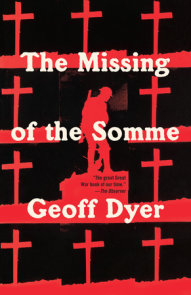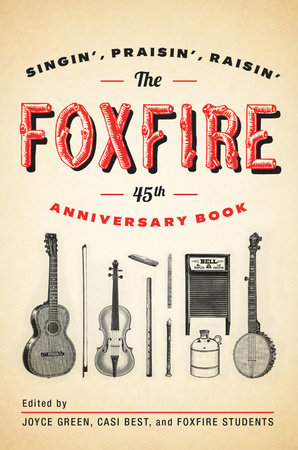Author Q&A
A Conversation with Geoff Dyer,
Author of YOGA FOR PEOPLE WHO CAN’T BE BOTHERED TO DO IT:
Can you say something about the title?
It’s actually something a stoner friend of mine said. I stored it away and, exactly as one would hope, years later, when I told him the title of my new book, he had no recollection of having said it. Writers need friends like that. It feels very contemporary, the expression of some kind of zeitgeisty ideal. Obviously, the title of the book is also the title of what is the pivotal piece in the book. That story is a real highpoint for the ‘I’ character or narrator or whatever you want to call him; after that it’s pretty much downhill. Also, since so much of the book is about failing to do things it seems appropriate. I mean one of the main things in the book is the way that I – I’ll dispense with the inverted commas but maybe we can just assume they’re there – failed to write a book about ruins because I fell into ruin myself. More personally, I am very prone to the ‘I can’t be bothered’ attitude to life. But this brings no contentment. On the contrary. It ends up, in a fantastically inefficient way, goading me into action, into bothering.
So is the ‘I’ you?
It’s like a tendency that I share. I’ve been to all the places in the book and the ‘I’ of the book bears a pretty close resemblance to me but the book is not reliable in the way that an atlas is expected to be. Or a work of non-fiction for that matter.
But the book is being published as non-fiction…
Oh, it’s a distinction that means absolutely nothing to me. I like to write stuff that’s only an inch from life, from what really happened, but all the art is of course in that inch. My books tend not to have the narrative and story you associate with fiction but at the same time they are arranged and structured, to put it somewhat pompously, as works of art rather than as an accumulation of information. To that extent I like to think they are more novel than many novels.
Booksellers don’t know where to shelve your book. Do you have any advice
for them? Will they have to start a new category?
The most satisfying experience of this I’ve had was in London when I saw my jazz book in the best-sellers section. I knew the manager of the store a little and asked him if it was true. ‘No, of course not,’ he said. ‘But we didn’t know where else to put it.’ Actually, jazz is quite useful as an analogy in this context. Jazz as jazz – jazzy jazz – is pretty well finished. The interesting stuff is all happening on the fringes of the form where there are elements of jazz and elements of all sorts of other things as well. Jazz is a trace but it’s not a defining trace. I think something similar is happening in writing. Although great novels – novelly novels – are still being written a lot of the most interesting things are happening on the fringes of several forms. I say this and then, on reflection, I realise that such book have been around for a long time. Take, for example, my favourite book of the twentieth century, Rebecca West’s Black Lamb and Grey Falcon. What kind of book is that? If I had to sum it up I’d say it was a very long book about Yugoslavia but that wouldn’t quite do it justice. So this non-category category is quite well established. As for this new book of mine, well, I don’t know. Travel? A rather lowly genre for the most part. Comedy? An interesting category in that most of the stuff you find in it is so resolutely unfunny. Self-help? Maybe a sub-set of that: How to survive while going completely to pieces… I should also add that that issue of what kind of book it is also applies, hopefully, at the level of the individual pieces. Are they stories? Well, sort of, but they’re not like any stories I know of. Some of them are essays with lots of dialogue.
Is it a book of separate stories or do they need to be read together?
It’s both a collection of self-contained pieces and a fully-formed book in its own right. All sorts of little things link the individual pieces. But it really needs to be read in sequence. In a book of stories that’s usually optional but here I think it’s necessary. There’s a definite logic in the structure even if it’s not a straightforward narrative or chronological progression.
Is it inaccurate to say this book differs from your others because you’re
putting yourself front and center, or do you see this as an extension of the
investigation you started in other books?
I think the books have all been pretty self-centred, as it were. This is the wager, isn’t it? It’s by remaining faithful to the contingencies and peculiarities of your own experience and the vagaries of your own nature that you stand the greatest chance of conveying something universal – especially if, like me, you’re not particularly interested in character and story…
So what are you interested in?
Tone. I like tone a lot. Tone is nearly always what clinches it for me with a writer. The struggle for me with books like this one or Out of Sheer Rage was to find a tone that could encompass all sorts of things: comedy, narrative (of sorts), lyricism and a kind of analytical, more essayistic, discursive way of writing, a tone that would enable me to move between various registers without any crunching of gears. Oh, and I like ideas. That’s something I’ve noticed recently: the way that quite a lot of highly regarded so-called literary fiction is actually completely brainless. By contrast, what first turned me on to John Berger, for example, was the abundance of ideas in his books. Having said that, I’m not arguing for the kind of elaborately argued debate that I imagine you get in Iris Murdoch; I like the quick flicker or glimmer or – as in Nietzsche – the lightning flash. There’s lots of Nietzsche in the book, obviously. That’s the thing about the Eternal Recurrence: it keeps cropping up.
Your books reek of obsessiveness. How important is obsession for you as a writer?
Well, I prefer a more modest word, hobbies or interests. I’ve had lots of them. I’ve tended to write books about things I’ve been very interested in – jazz, the First World War, or Lawrence or whatever – and then once I’ve found out what I wanted to know – once I’ve found out why these things have interested me I tend to lose interest. Each book is the record of a process of inquiry that is concluded with the last sentence. So the books are very different to each other not just in content but form too. (By the way, have you noticed the way that writers always say their books are all very different, even when they’re exactly the same?) But this variegation masks some underlying continuities. I think if you had to isolate one thing that runs through them all it would be a huge, overwhelming sense of purposelessness. Perhaps obsessiveness is the corollary of that. Now that might just be a personal indisposition but – in keeping with something we were saying earlier – it would not be at all surprising if this purposelessness were a more general condition. Maybe, in self-help style I should put this more positively: the books explore ways of finding how to keeping going when there is no larger narrative or purpose. What can take its place? Incremental enthusiasms. Peak experiences. Moments…
One of your obsessions is with decline (physical, emotional, monumental). Why is that?
It’s partly because I’m in decline, I think. I used to be so clever and now I’m becoming rather stupid. The surprising thing is that I’m actually quite enjoying it. Who knows – maybe it’s a pre-echo of enlightenment?
Maybe I’m more interested in ruin than decline. As the Leptis Magna and Detroit pieces make plain, in some ways places and people achieve their highest expression in ruination. My favourite novel of all time is probably Tender is the Night. Paris Trance was in some ways a version of Tender: about someone who, against all temptations to the contrary, managed to be true to his destiny, which was to fail. A friend said that if Paris Trance was a version of Tender then the new book was a version of The Crack-Up!
On the other hand, though, and set against this are the peak experiences which make everything else irrelevant, which actually make life worth living – Nietzsche again – and I’ve found that ruins, places where time has stood its ground, are extremely conducive to these peak experiences. And there are quite a lot of those moments in the book. There’s something almost impersonal about these moments, moments which can take many forms: at parties or at ancient monuments. I am drawn to places which exert this possibility. Places like this have something of the Zone – from Tarkovsky’s Stalker – about them. The book is a journey towards the Zone. Which is why it ends up at Black Rock City, at Burning Man.
Burning Man?
Burning Man is the greatest thing on the planet! It’s also, for me personally, been something of a disaster in that for several years all I cared about was Burning Man. It was so all-encompassing and all-consuming. It almost finished me as a writer because it so exceeded anything I could ever imagine or invent. Some nights I just lie in bed and say the words to myself over and over: Burning Man, Burning Man, Burning Man… In terms of Burning Man I suppose that’s the question critics need to address: does this book count as a form of participation? But it’s best to not get me started on Burning Man. I become evangelical.



